Let me ask you a question… Do you like to journaling?
Maybe another question….
Have you ever journaled?
If your answer is YES, then awesome!
I have used journals for years as a way of coping with life’s stresses, stimulating my thinking and processing emotions.
If your answer is NO, then don’t worry and keep reading. 🙂
I used to wonder how could people have lived for years and not knew about journaling.
So I started asking my immediate circle of influence the question “Do You Journal?”
A large percentage of them responded with “TOTALLY.”
And they confirmed that they do journaling or practice some journaling in the form of a gratitude journal, thank you journal and other ways to capture the moment and harness its power via writing.
But I knew asking only friends might not be as large of a segment to make a decision
So I expanded my search to people that I don’t see or hangout with on regular basis.
I also surveyed my FB community, and a large percentage of them actually said NO.
And I asked them the question “Why Don’t You Journal?”
And the answer shocked me!
The answer was “We just don’t know what journaling is in the first place” and then followed up with “and even if we know what journaling is, how the heck to start?”.
I heard that and my mind immediately jumped into action mode.
How can I help my friends tap into the POWER of journaling?
And that’s how this article is now born.
Below I am going to detail to you what journaling is and then give you some powerful journaling tips to help guide you by the hand and help you create a powerful journaling practice.
So, let’s begin:
The Definition of Journaling:

The meaning of Journaling differs from one person to another.
To some, practicing journaling entails a log of all the events that happened throughout the day, so this is what is usually thought of as a diary.
To others, journaling holds a more profound meaning where they think of it more like an art of translating thoughts, emotions, feelings, reactions, etc. into words that can be understood.
I personally view it more like a form of personal therapy.
My mom, on the other hand, thinks of a to-do list when I mention the word “journal.”
I love my mom, so I tease her by saying “Mom that’s your “notebook” and then she argues that a notebook is what you use in class at school and a journal is more of your own personal tracker. LOL, we sure have our own nerdy fun 🙂
So as I said the practice itself means a different thing to different people.
In this article, I’ll teach you a unique perspective on the meaning of journaling.
I view it as a form of therapy that combines art and writing.
When I usually refer to my “journal” I ALWAYS mean my living breathing written words.
In my journal, I write about my:
- Feelings and emotions
- Celebrations and win
- Setbacks and areas
ofimprovementt - Breakthroughs and many other things that make life so interesting.
I also like to track my month by taking a glance at what I accomplished throughout the month via my journal.
Also, in my journal I keep track of my quirky ideas, essential things that pop into my head, favorite quotes I read or picked up from others, rough drafts of books, blogs, or quote designs – pretty much a little bit of everything.
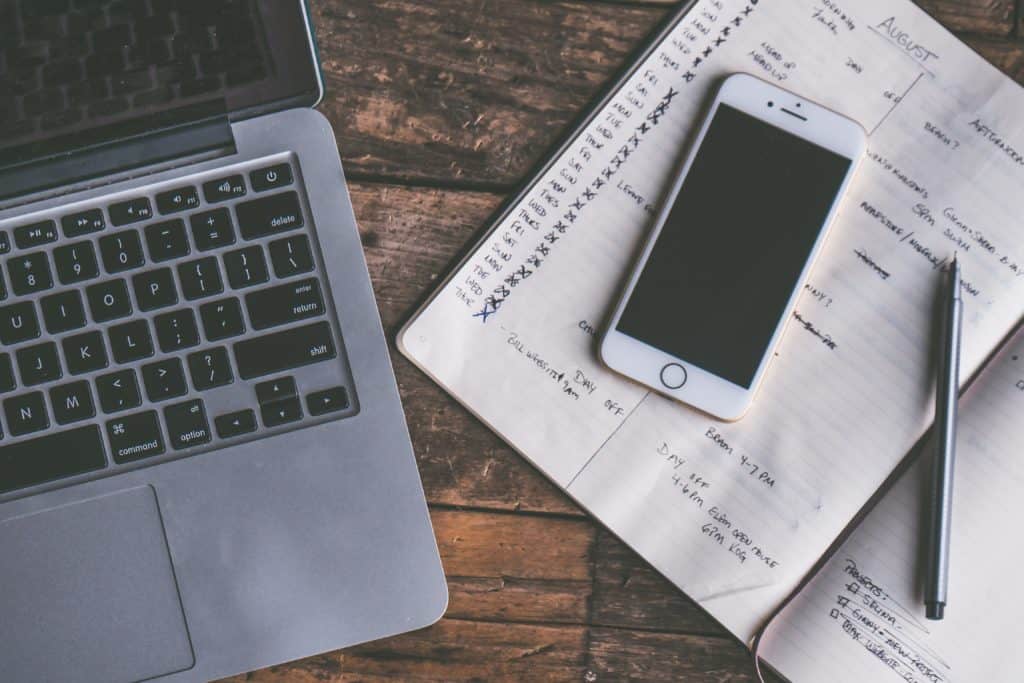
Now that you know what journaling means to me…
What does a “journal” mean to you? please take time to answer that question!
Alright, now that you know what journaling is, let’s shift focus to how you can navigate the art of journaling.
Below, I want to highlight 2 ways that I advice those who are new to journaling to explore, I call this the Journaling Stimulators:
1. Always Start By Asking Questions
Most people sit in front of their journal and stare at an empty page.
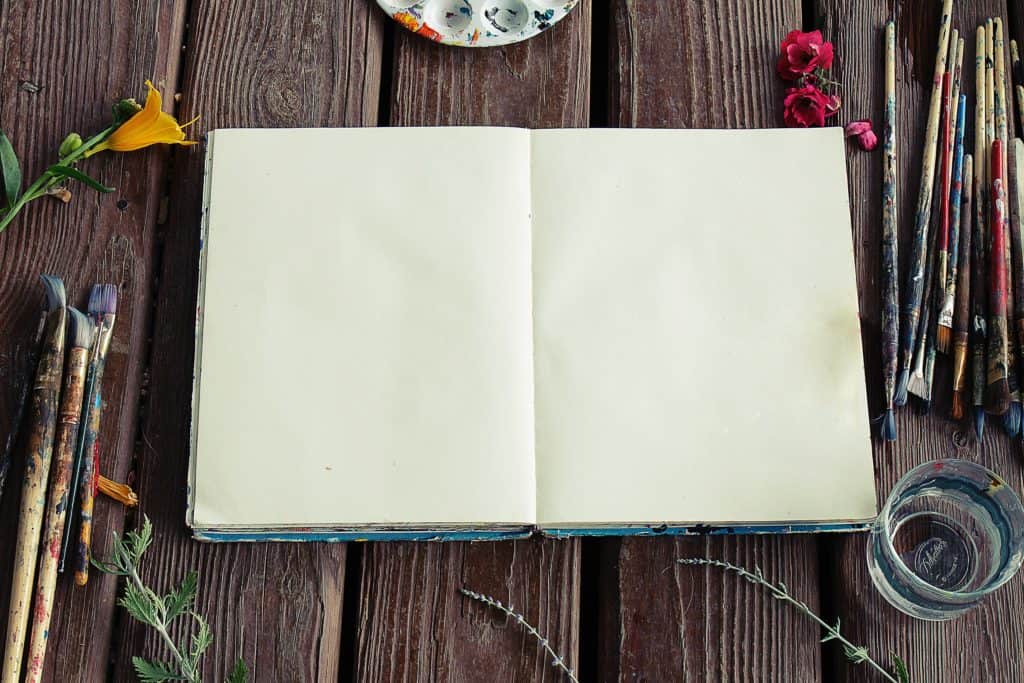
That’s so disempowering.
The solution is to simply ask yourself questions that stimulate your mind, feeling, and emotions.
Questions like:
- How am I feeling right now?
- What’s my intention for the day is?
- How can I make the day better without relying on outside stimulation?
These are just a few simple ones.
If you want to get into deep soul crafting then ask yourself existential questions that stimulate your mind, body, and soul.
To understand what existential questions look like, here are examples of existential questions:
- Who am I?
- What is the meaning of life?
- How to identify Ego vs. Higher self?
- What is my real nature or identity?
- Is there a god?
- What is the meaning of existence?
- How to live my greater purpose?
- What is death?
- What happens when I die?
2. Color Coding
When journaling, I color code my entries to know what’s what.
- I usually like to write in a green pen when I jot down thoughts or ideas that I want to take action on to turn into reality.
- Blue is what I use to process emotions as the color blue is soothing. That’s why doctors and nurses wear blue.
- I use a black pen for all other entries.
If I didn’t have my colored pens with me, then I enter everything in the color of the pen I have and then draw squares around thoughts or Ideas entries and circles around emotional or feeling entries to keep it simple.
Now as a last resort, if you’re still sitting and staring at your journal and you don’t know what to write about?
Then, no worries, simply write about one of these 3 categories:
1. Write about your daily experiences.
These are the activities that you did for the day.
It’s best to set a schedule, you can either write in the morning or evening.
The time is not as critical as each person is different so do your best to just write about what you experienced during the past 24 hours.
Now let’s not confuse this with a to-do list or activity log which is different.
In here you document the event and add some power to them.
Example:
6:15 am – Woke-up feeling really refreshed after my 7 hours of sleep. I drank 8 ounces of water to hydrate my body. So GRATEFUL and BLESSED.
6:30:7:15 am – Meditation practice while playing to American Indian Flute music.
Notes about meditation:
– Flute seems to really get me into deeper states of meditation
– Having a journal close by was really handy when needed to write an idea that came to me while meditating
– Whenever the mind is not relaxing, practice counting from 20 down to 0 while breathing to bring yourself back to the present moment.
See, this is more than just a one-word entry that you’d add to a daily log or to-do list.
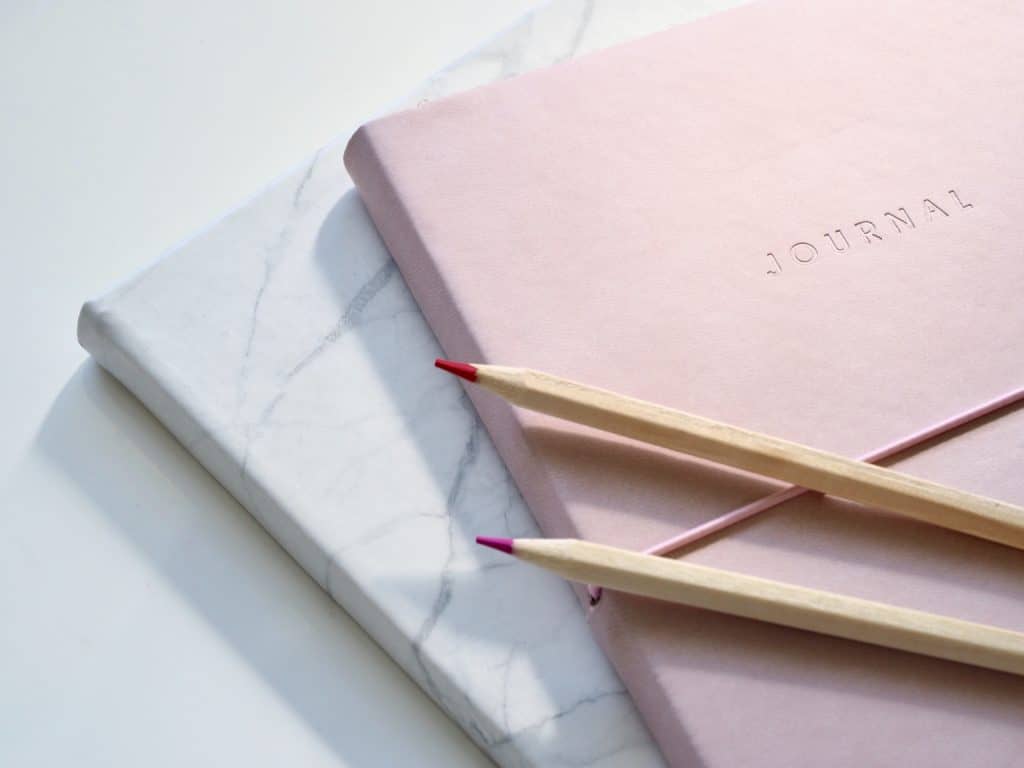
2. Explore quotes
I love to write little essays about quotes that I read as that’s a great way to explore what other people’s work makes me feel and think?
So I invite you to try this method if you’re not sure what to journal about, simply go to BrainyQuote or any other source of great quotes and journal!
- What type of emotion do they stir?
- What feelings or insights they stimulate?
- Do you feel contracted or expanded as you read the quote?
So, let’s practice, here are few quotes to get you started:

Be thankful for what you have; you’ll end up having more.
- Surround yourself with only people who are going to lift you higher.
- If you concentrate on what you don’t have, you will never, ever have enough.
- The biggest adventure you can ever take is to live the life of your dreams.
3. Write about actions you want to take.
Journaling can be used as a dream builder.
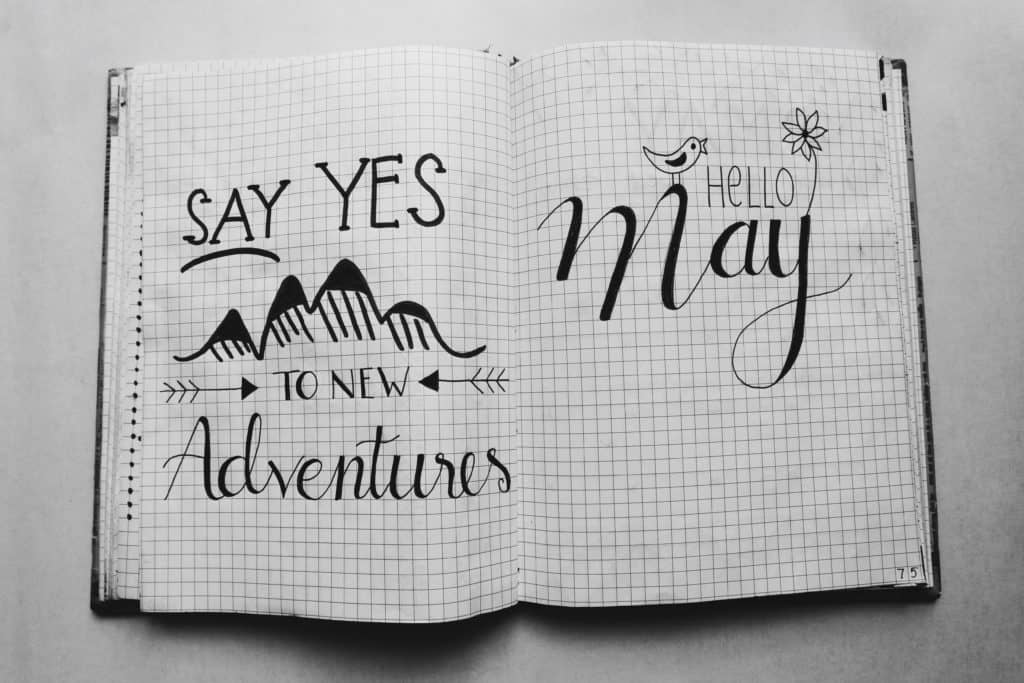
I use my journal as a place to collect my dreams and things I intend to manifest:
For example these are some goals I intend to achieve:
- Launch my YouTube Channel
- Get interviewed by Ellen DeGeneres for Humanitarian work
- Transform the lives of 1,000,000 souls with inspiration and transformation by the end of the year.
I go even a level deeper and start asking questions of how I would feel when any given goal is
See the number of questions you can ask yourself are endless.
Simply ask yourself and get on writing!
So in essence, journaling is a very versatile tool.
It helps you raise your level of self-awareness, as well as help you grow and expand mentally, emotionally and spiritually.
Now, all you want to do is open a new page in your journal, or google doc if you like to keep things mobile and digital and start writing…
The magical thing is—when you start to write things down, they become real.
So, begin your journaling practice with these tips and see for yourself.
Xoxo,
Zane
Sharing is caring! If you enjoyed this journaling tips post, please consider Pinning it!


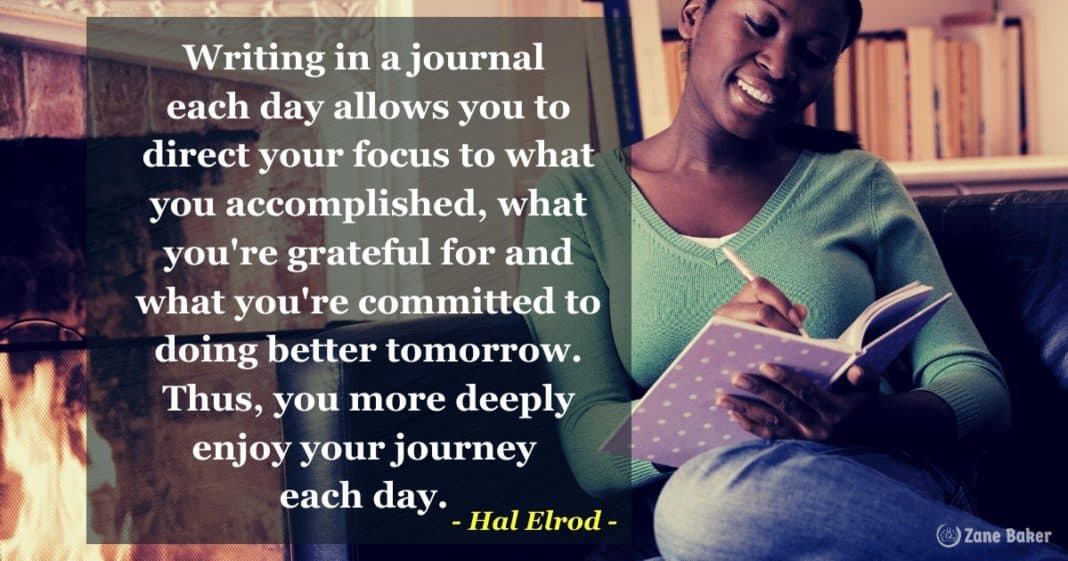



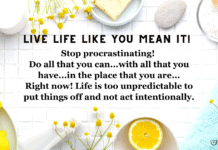

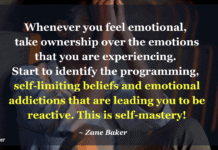
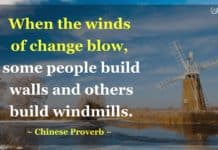



Facebook Comments